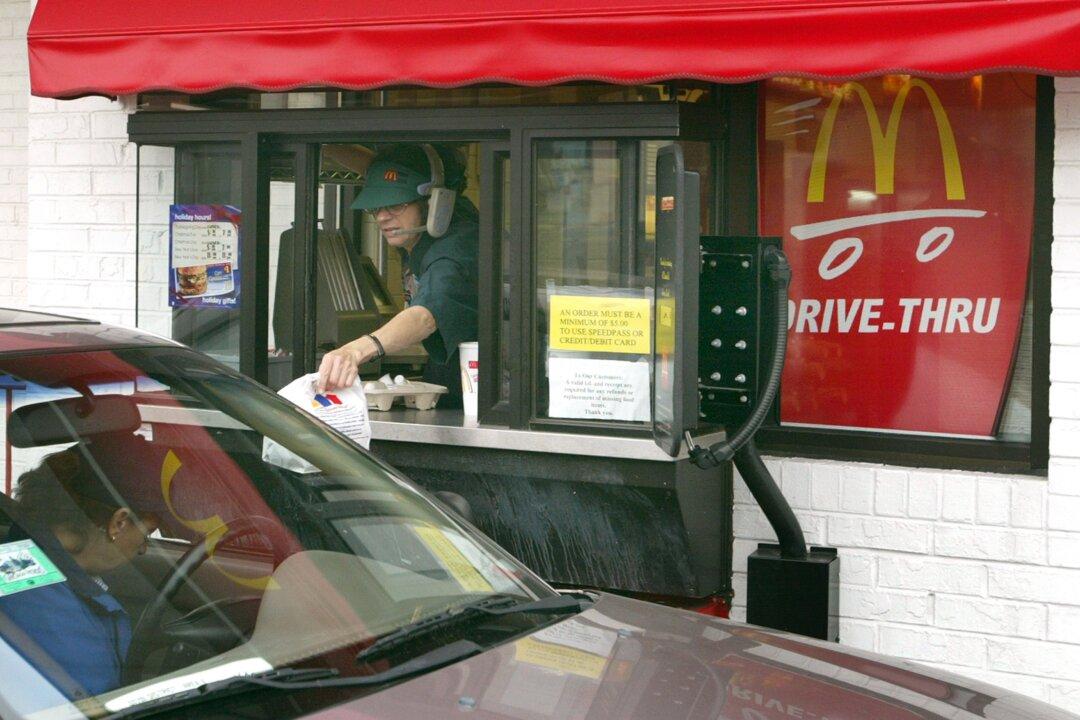Commentary
Municipal governments are the closest level of government to the citizens. They administer everything from police and fire services to roadway maintenance to bylaws related to businesses. You can’t renovate your home, open a business, or hold a festival without getting a permit from the local government. Assuming they grant it.





